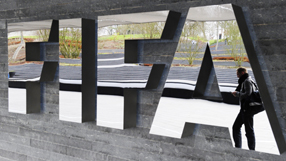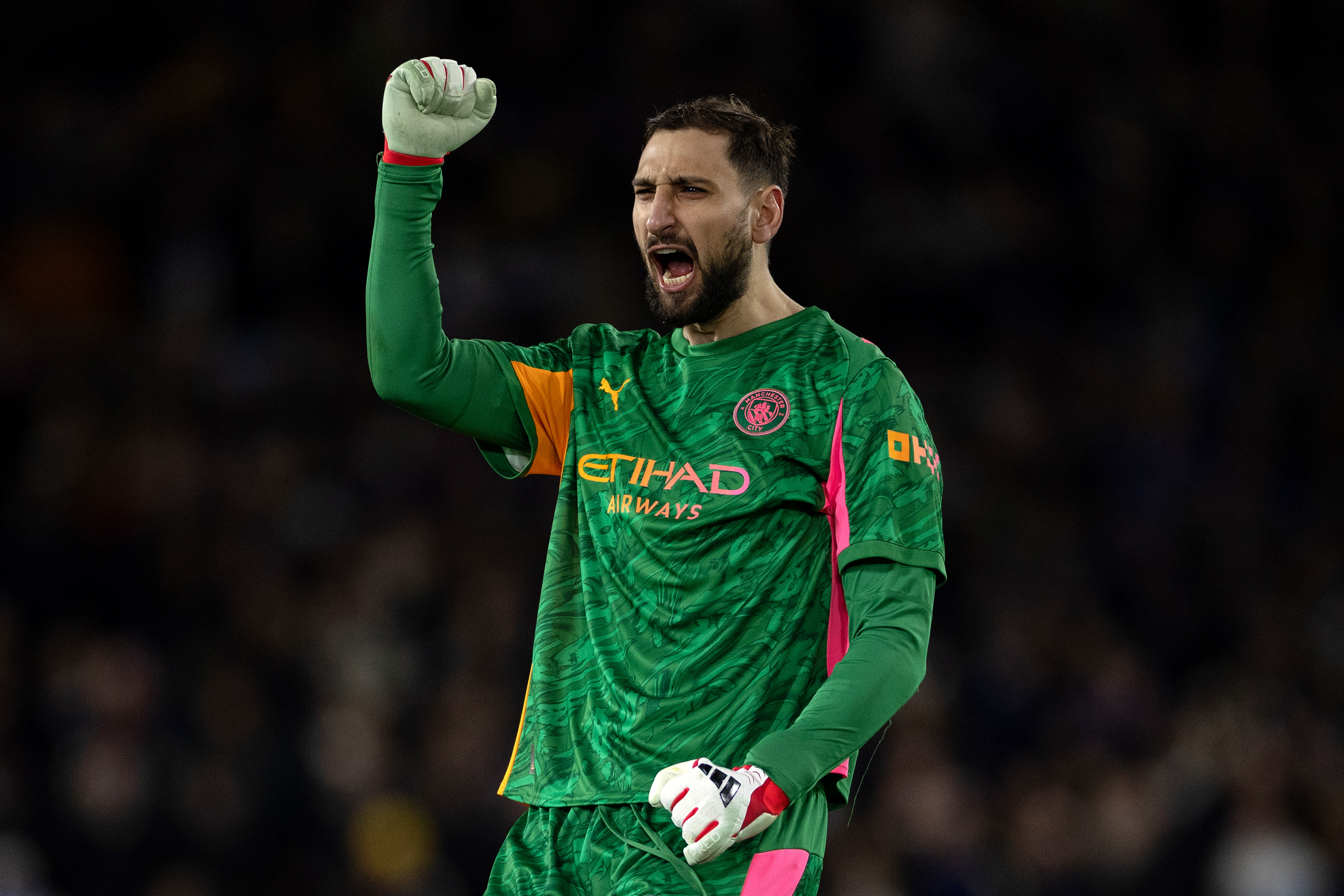
The best features, fun and footballing quizzes, straight to your inbox every week.
You are now subscribed
Your newsletter sign-up was successful
Want to add more newsletters?
Join the club
Get full access to premium articles, exclusive features and a growing list of member rewards.
Marco Villiger, FIFA's head of legal affairs, said the organisation wanted to ditch its system of licensing agents and bring in regulations governing transfers and agents' conduct.
FIFA believes only 25-30 percent of international transfers are carried out by licensed agents, meaning the vast majority are brokered by agents operating under little or no regulation.
Transfers are big business and agents' cuts can run into millions of dollars. Since the 2010 World Cup, some 10,500 international transfers have taken place at a combined value of some $2.7 billion according to FIFA.
"What you pay for with agents, it's only access to the players," Villiger told a news briefing in Brussels. "It is in the pockets of people who do not invest in football."
Under plans already backed by FIFA's legal committee, licensing of agents would end, although agents would still have to register with national associations.
Agents would have to declare conflicts of interest and would not be allowed to command a fee for transfers of minors. Clubs would have to disclose payments and those payments could be limited.
"[A] fair [amount] could perhaps be two to three percent [of the transfer fee] or a cap of $2 million," Villiger said, adding the mere obligation for clubs to reveal their payments to agents could lead them to limit future spending.
The best features, fun and footballing quizzes, straight to your inbox every week.
The European Commission is due to host a meeting to include FIFA, European football's governing body UEFA and agents to discuss the matter in October.
Villiger said legal experts it had consulted believed the new regulations would not conflict with European law and the plans could be put to a full FIFA congress next year.
Longer term, FIFA believes it can transform its system of regulations concerning international transfers into a web-based "clearing house" for player purchases and sales.
Clubs can already carry out certain parts of player transfers over the internet rather than faxing documents back and forth.
The clearing house system could lead to clubs putting players up for sale on the web, allowing others to buy with the click of a button - like standard internet shopping with extra checks.
"We could make agents less important," Villiger said. "The money paid today could stay in the sport."
The plans, albeit some years in the making, form part of FIFA's promise to clean up football as well as its own act following a spate of corruption scandals.
 Join The Club
Join The Club










